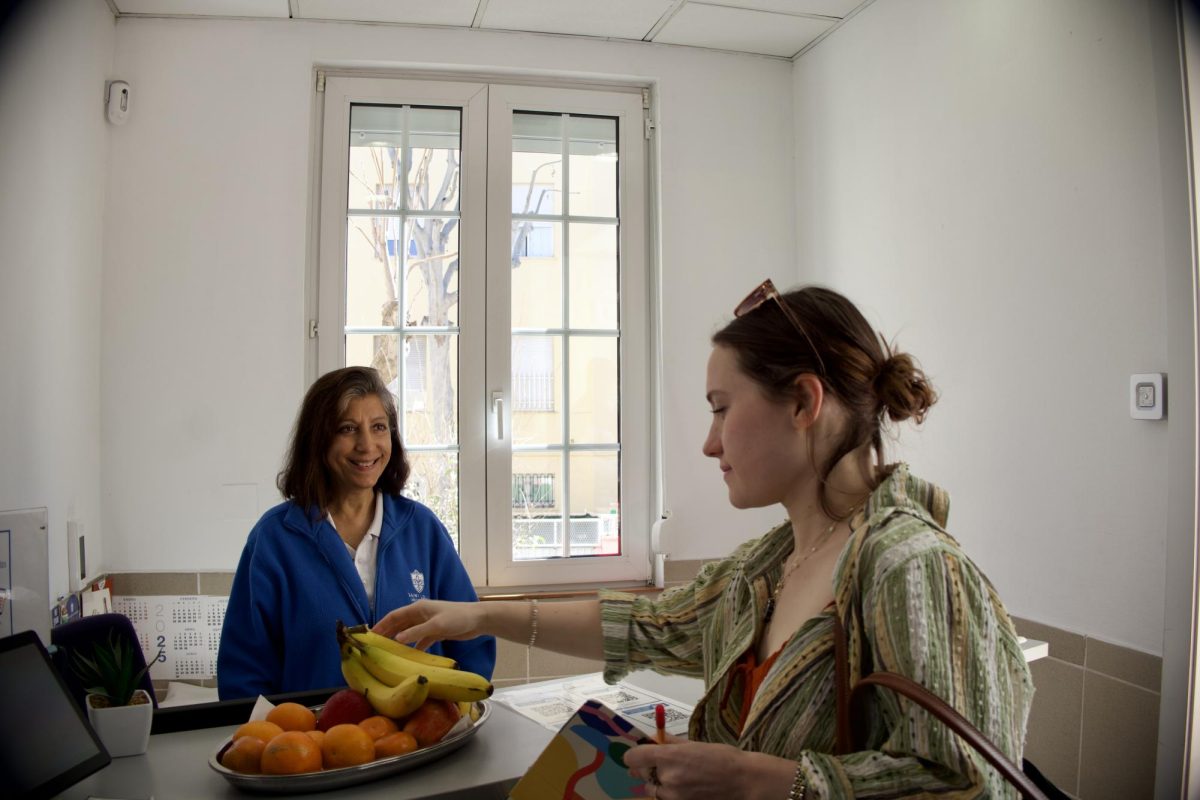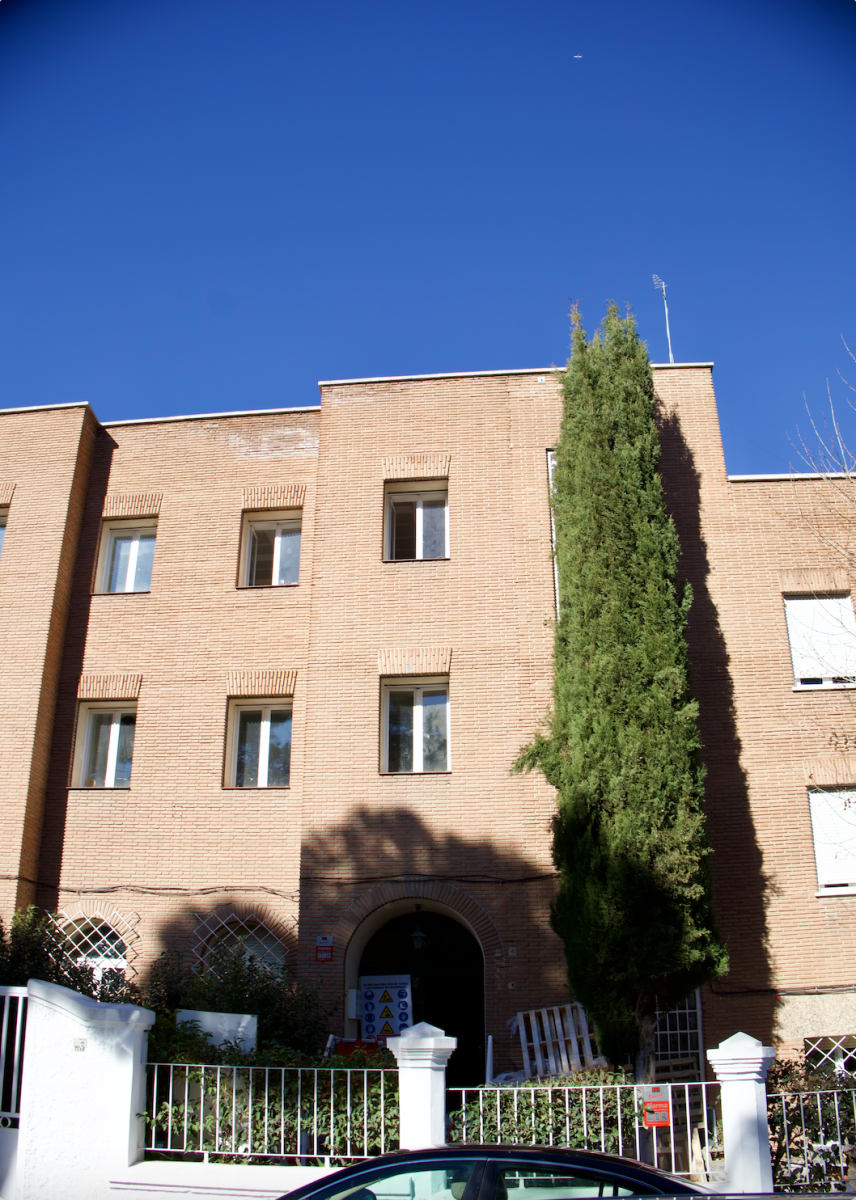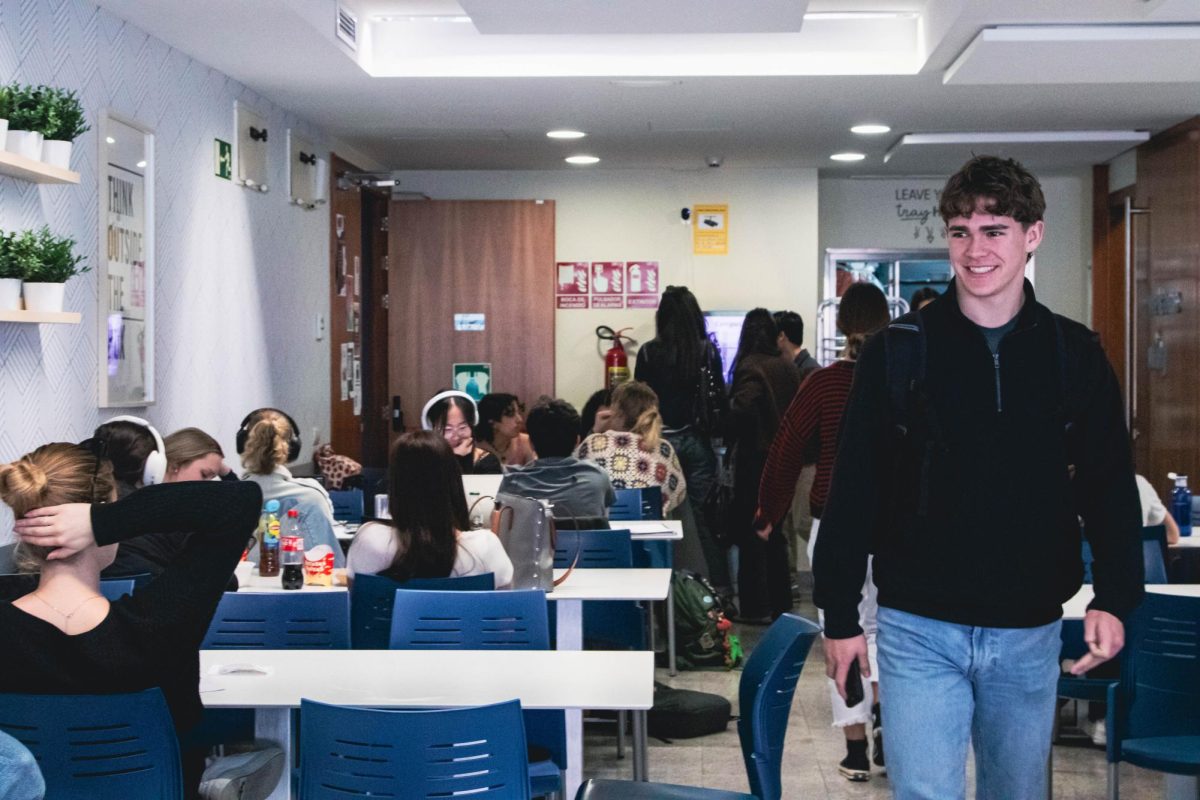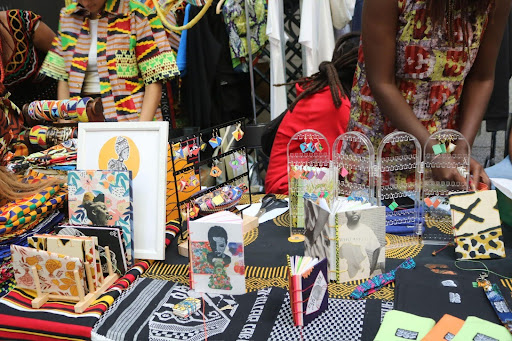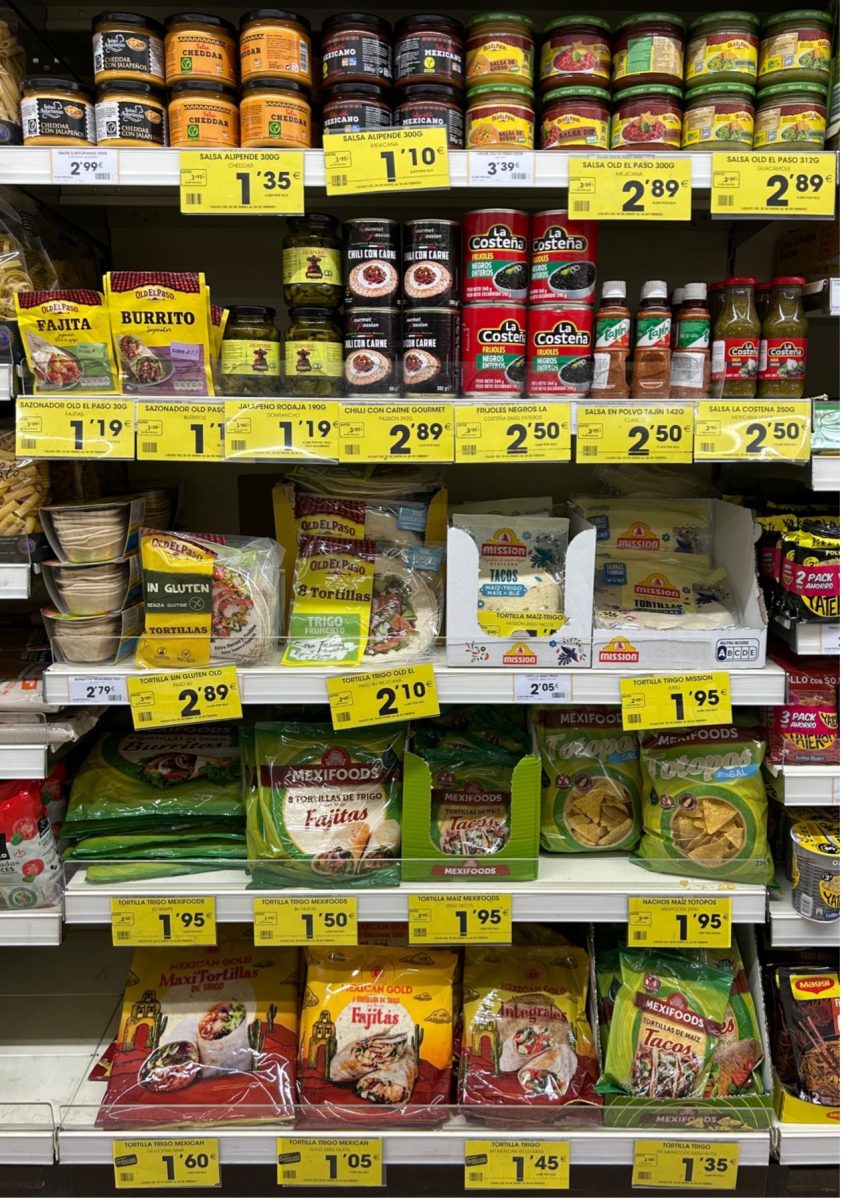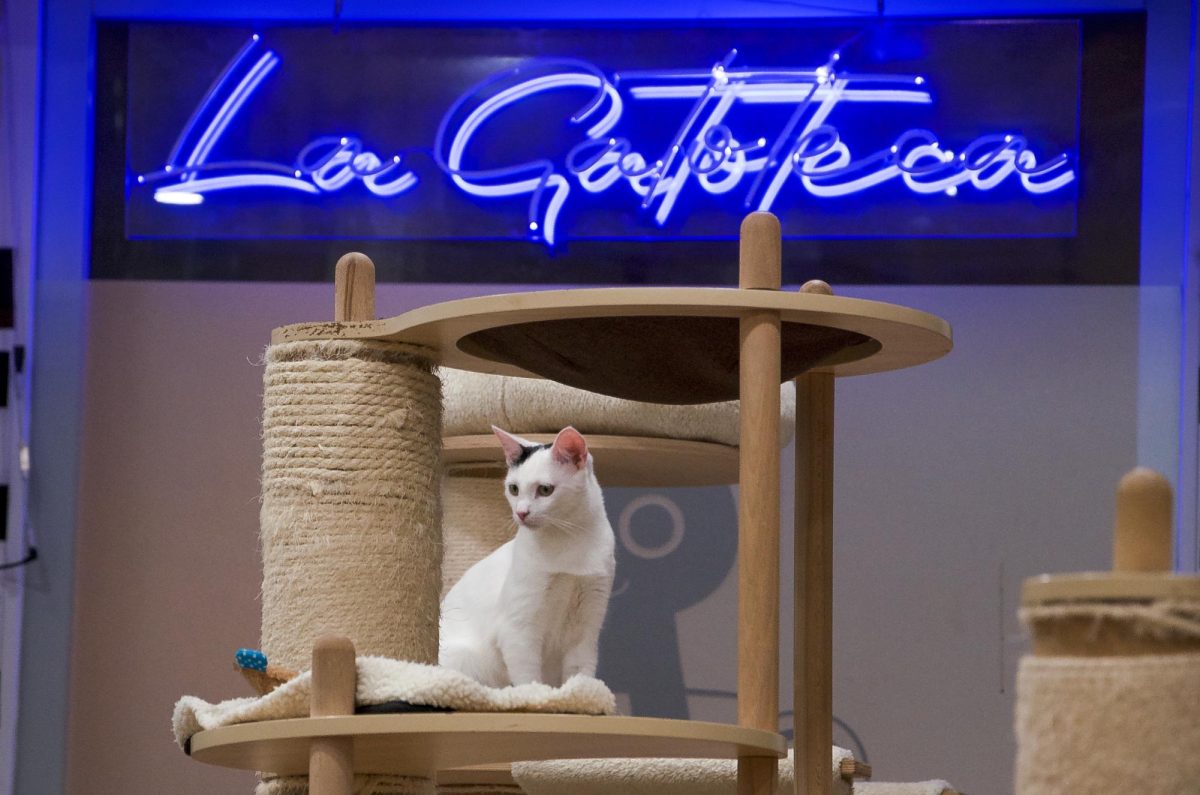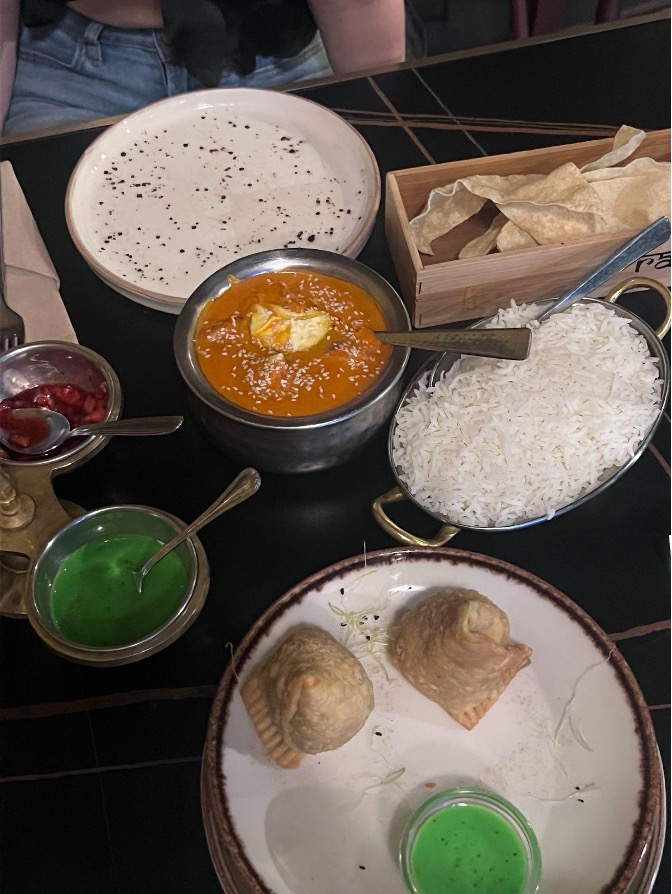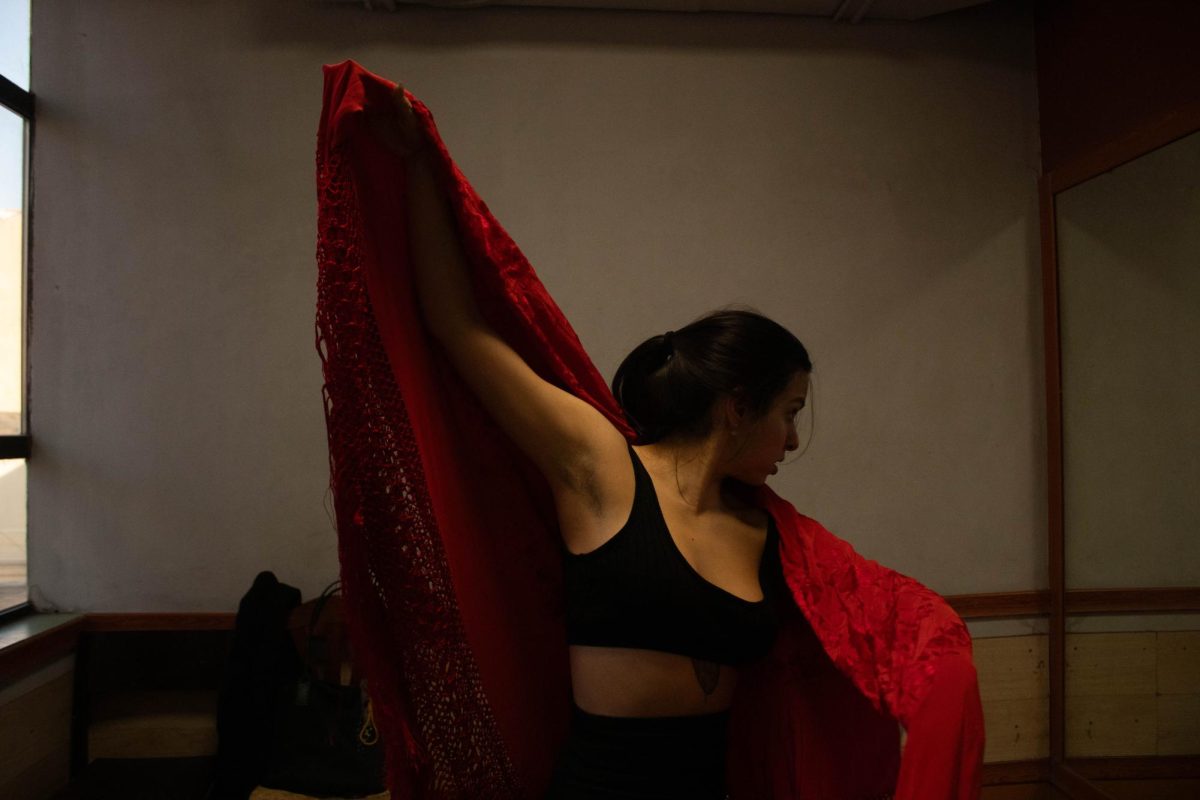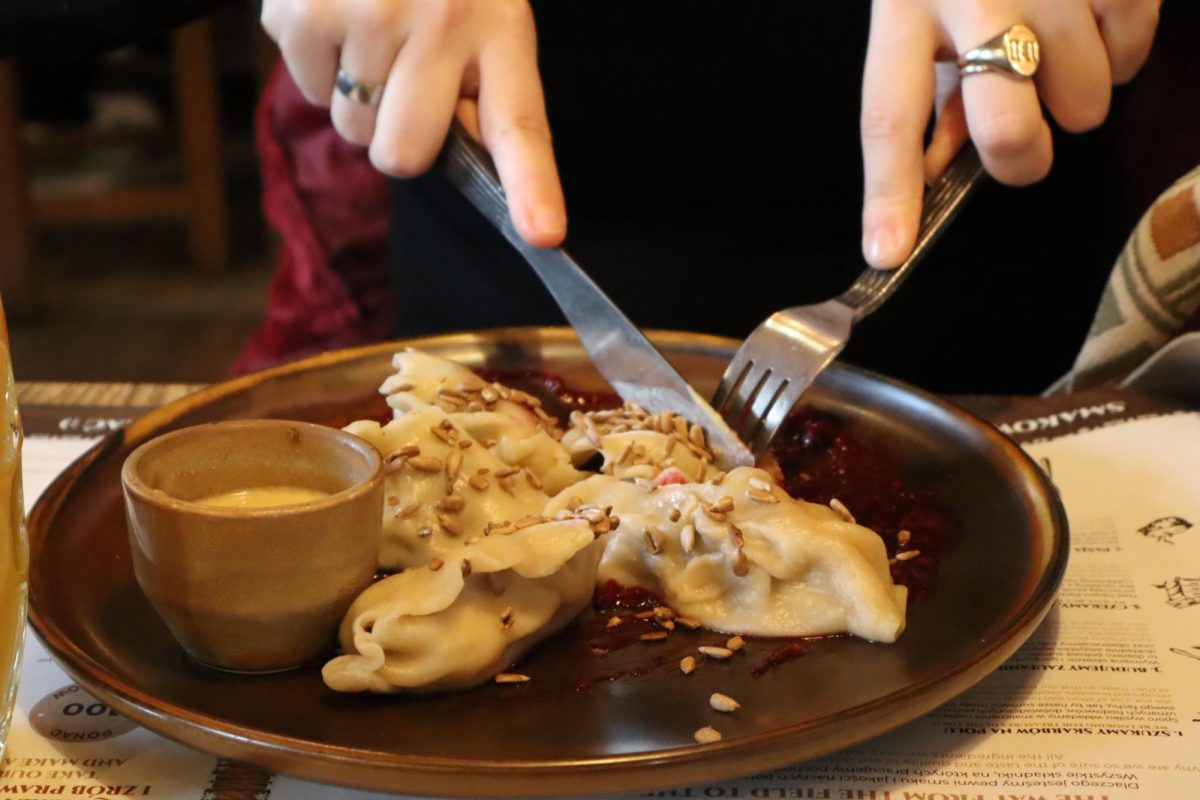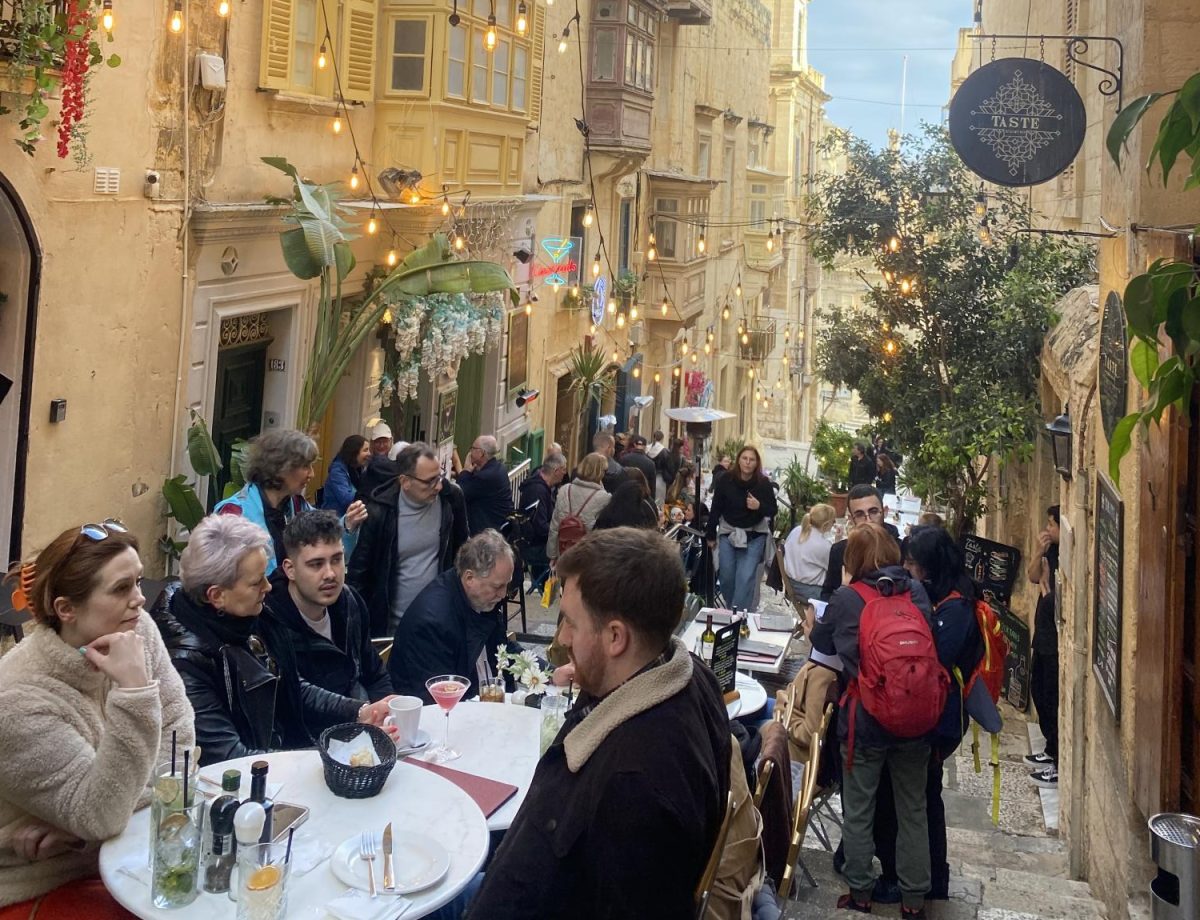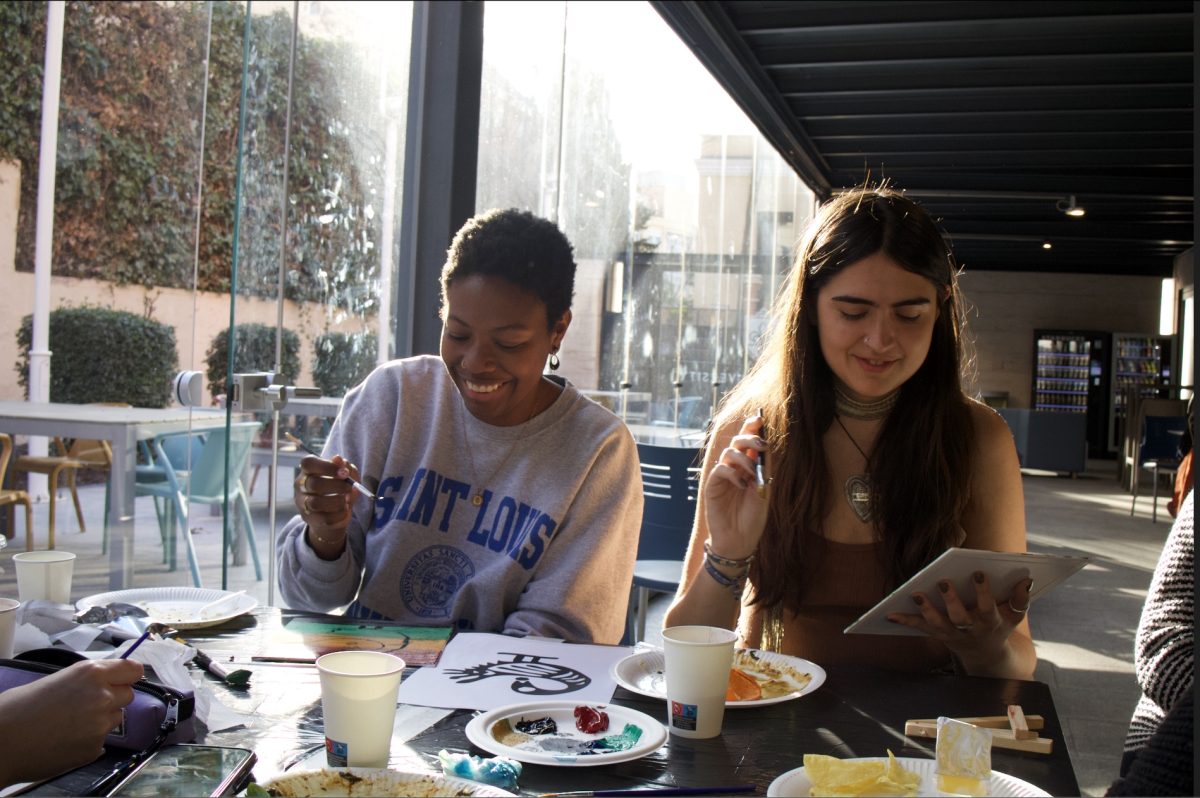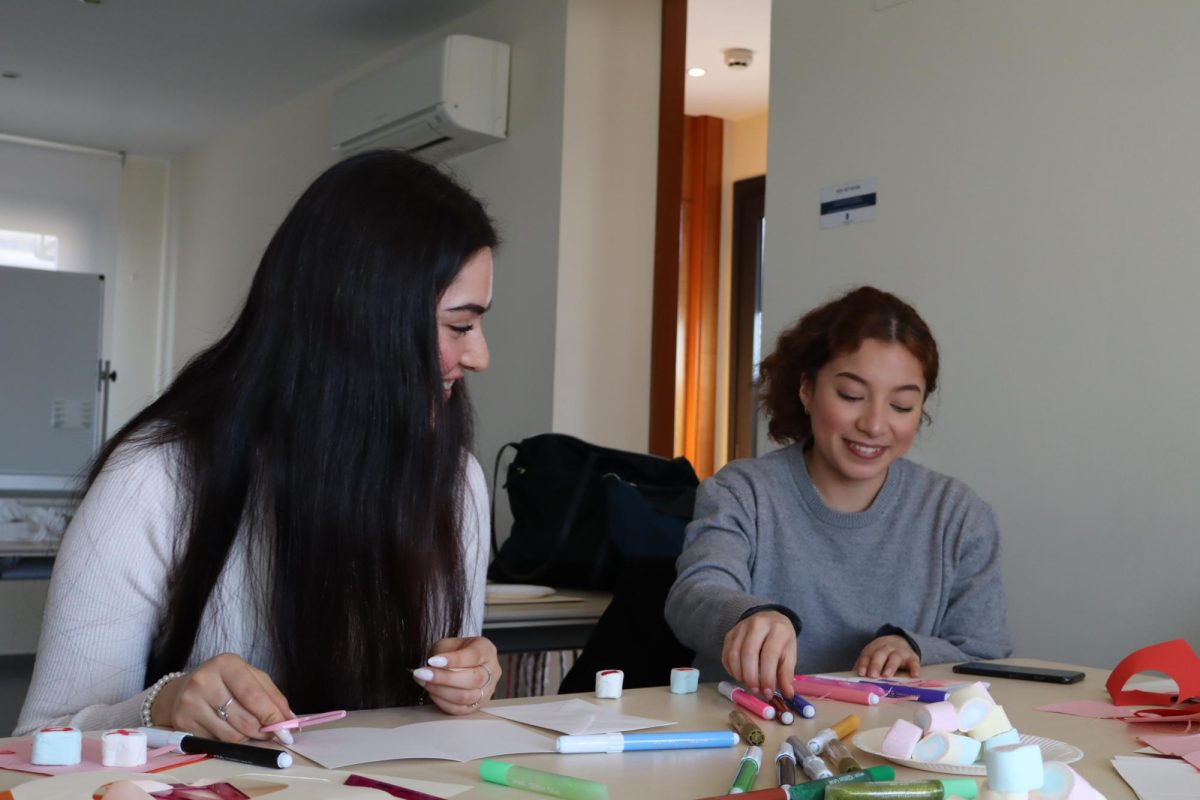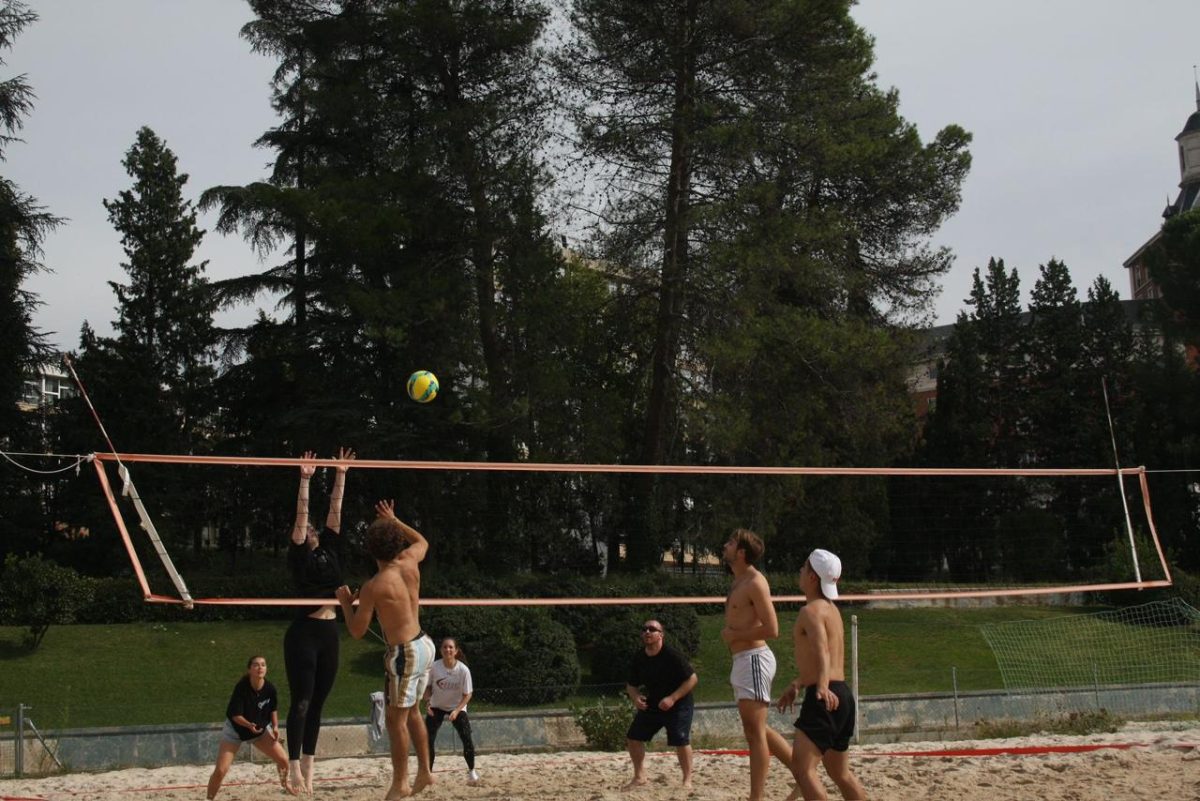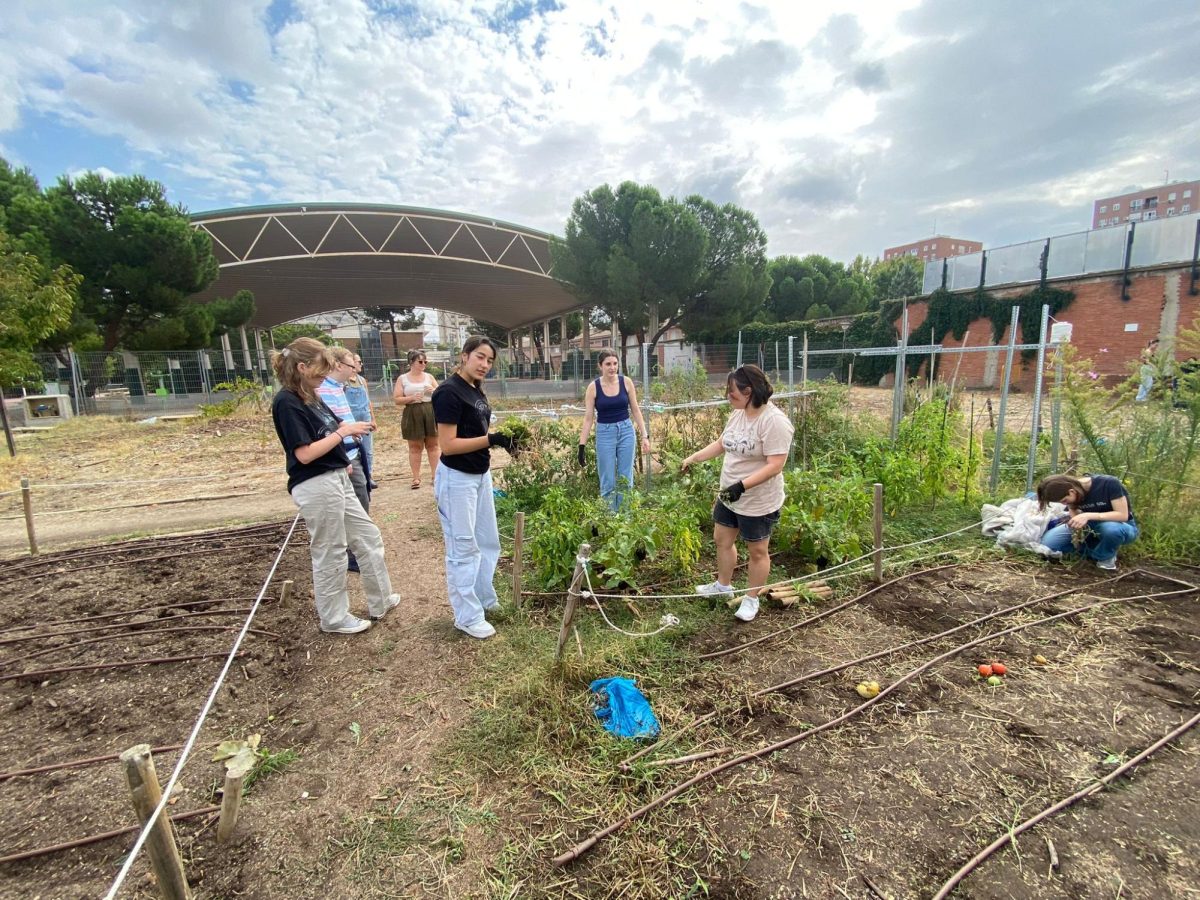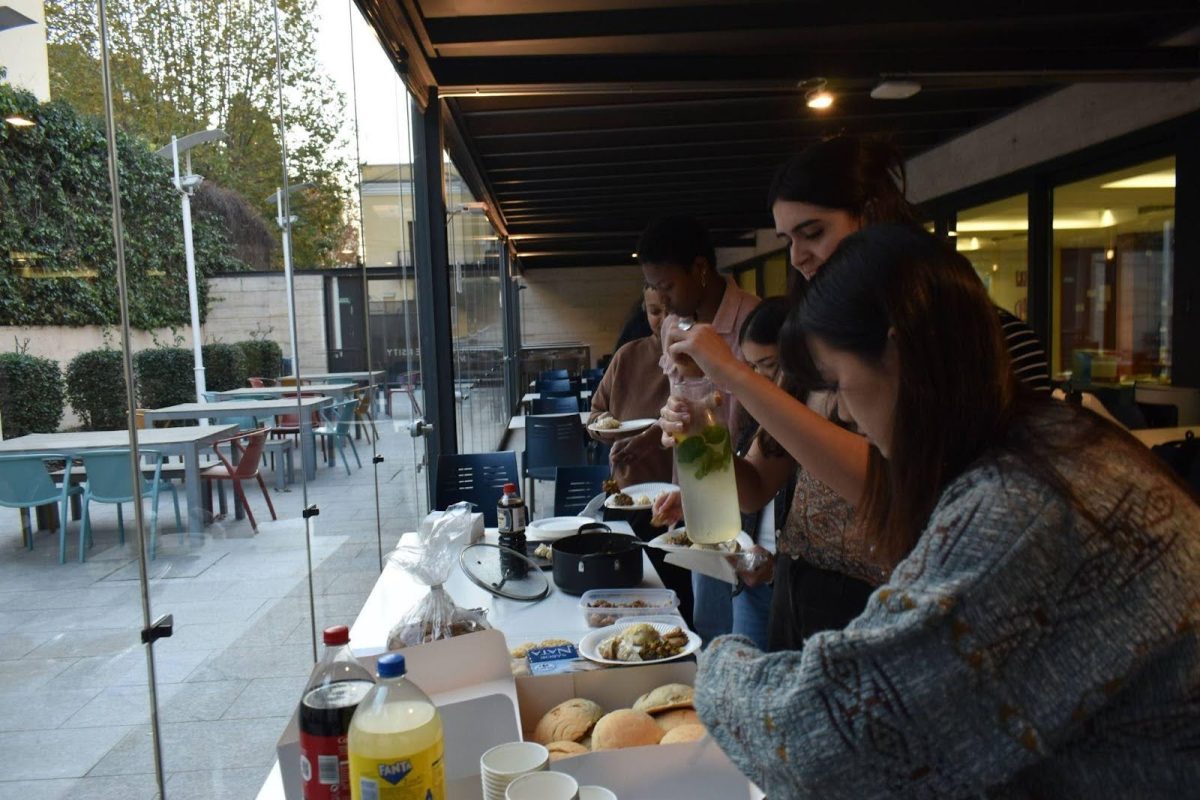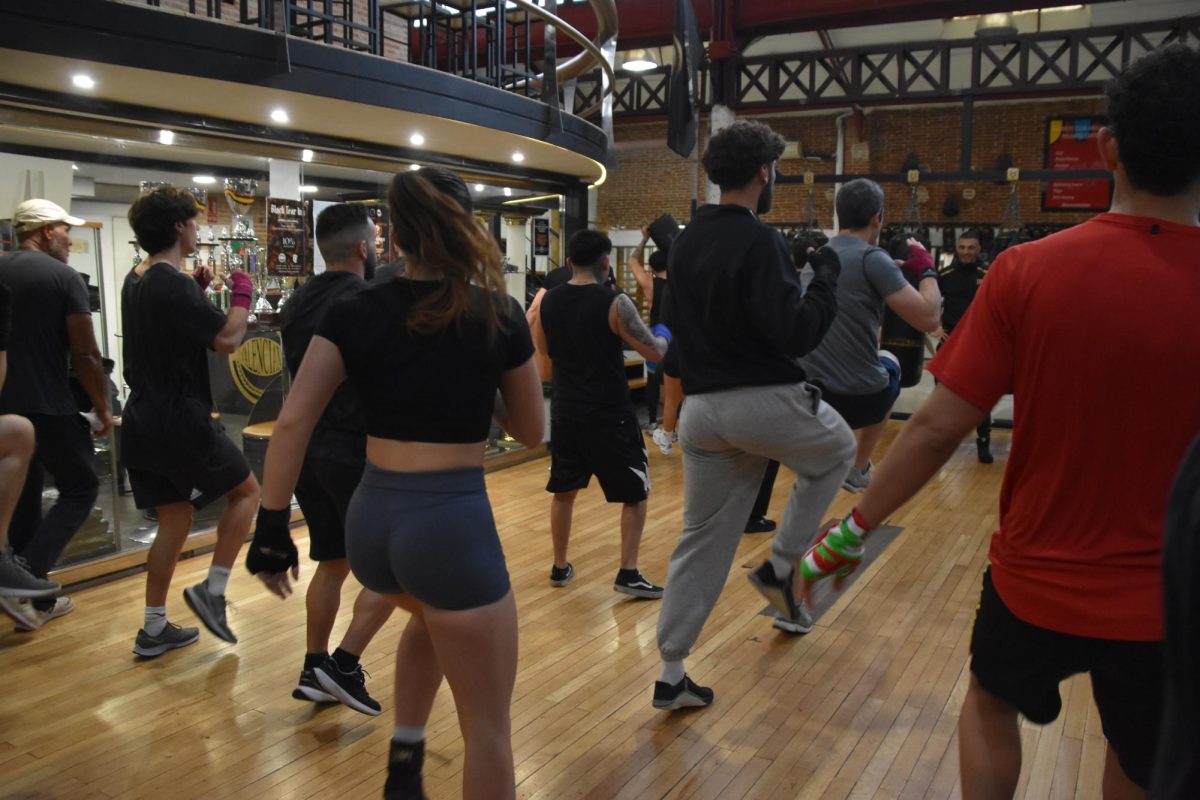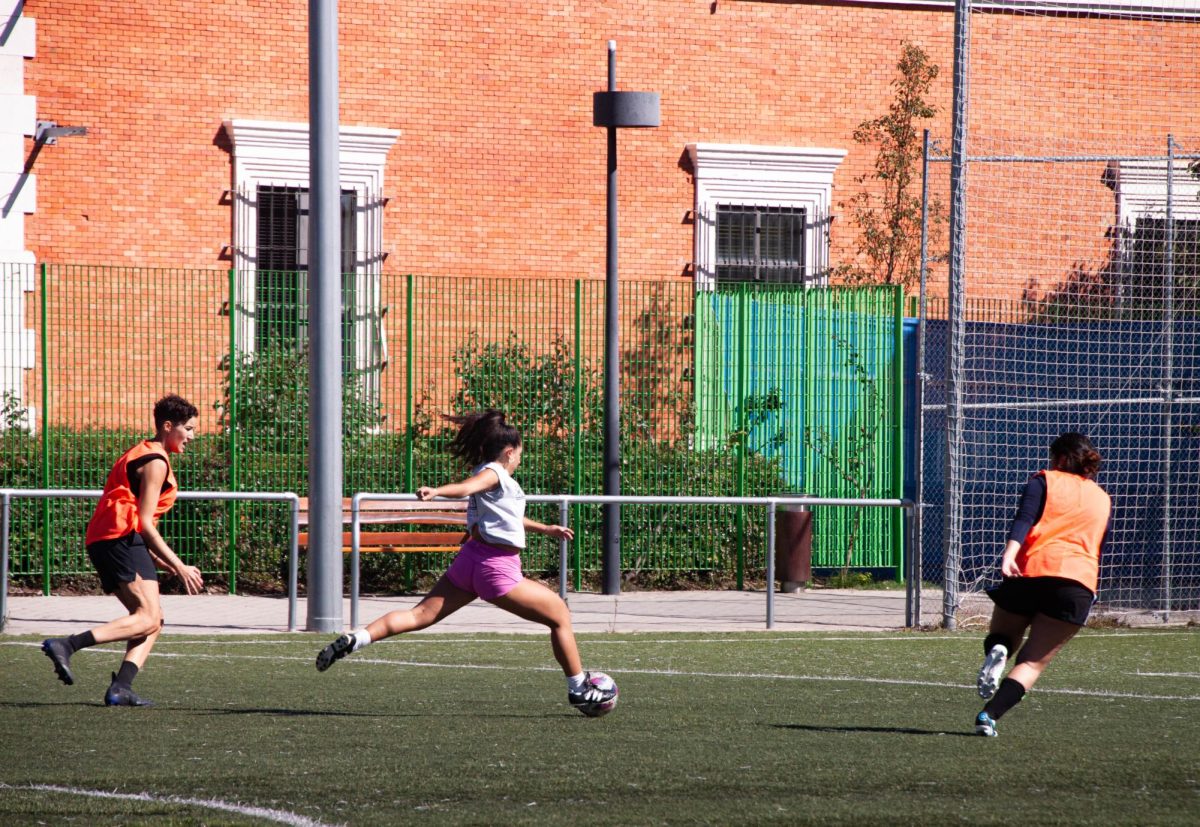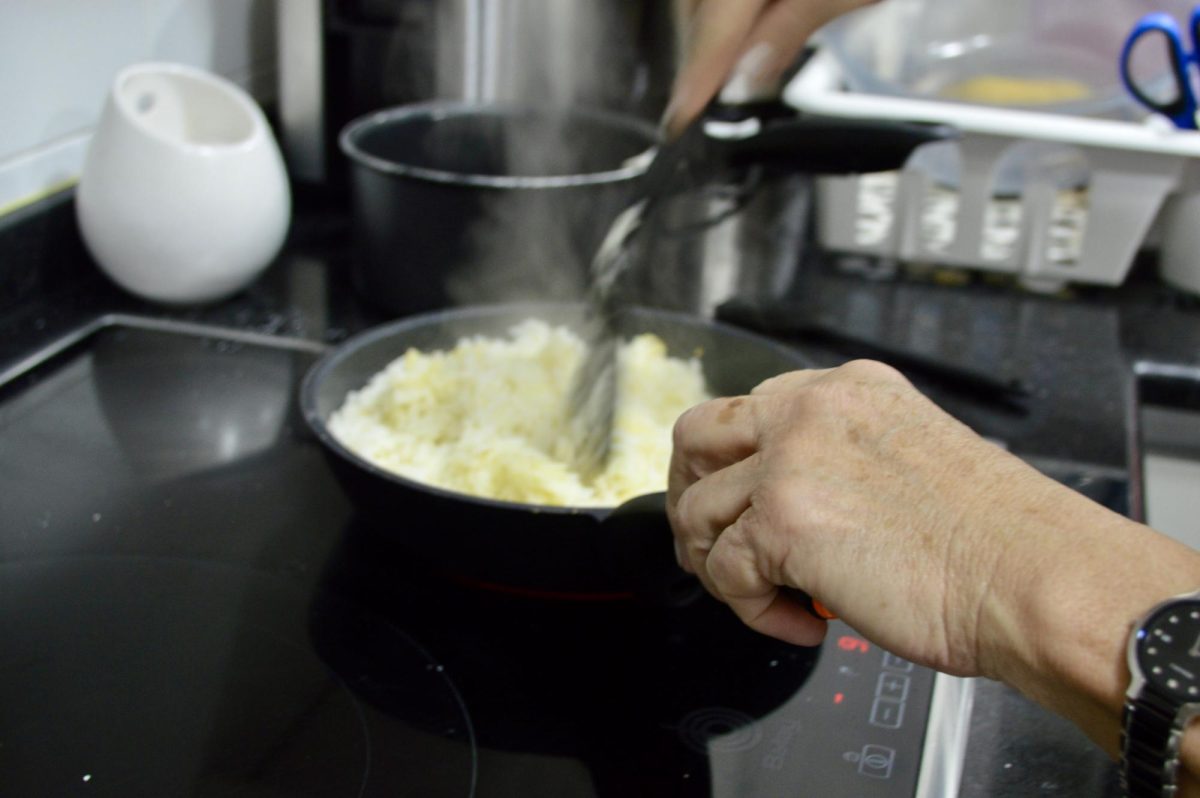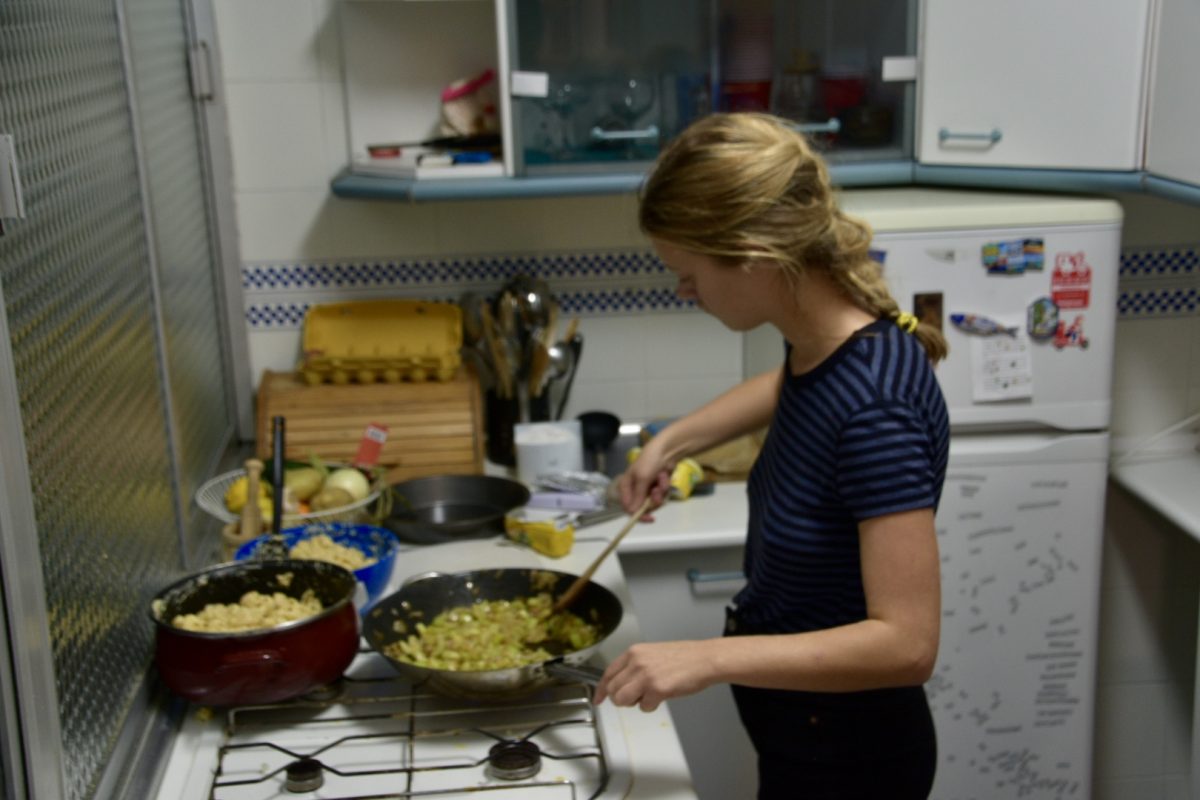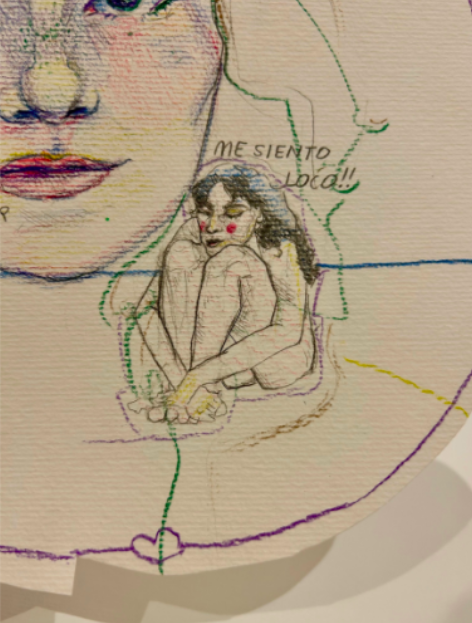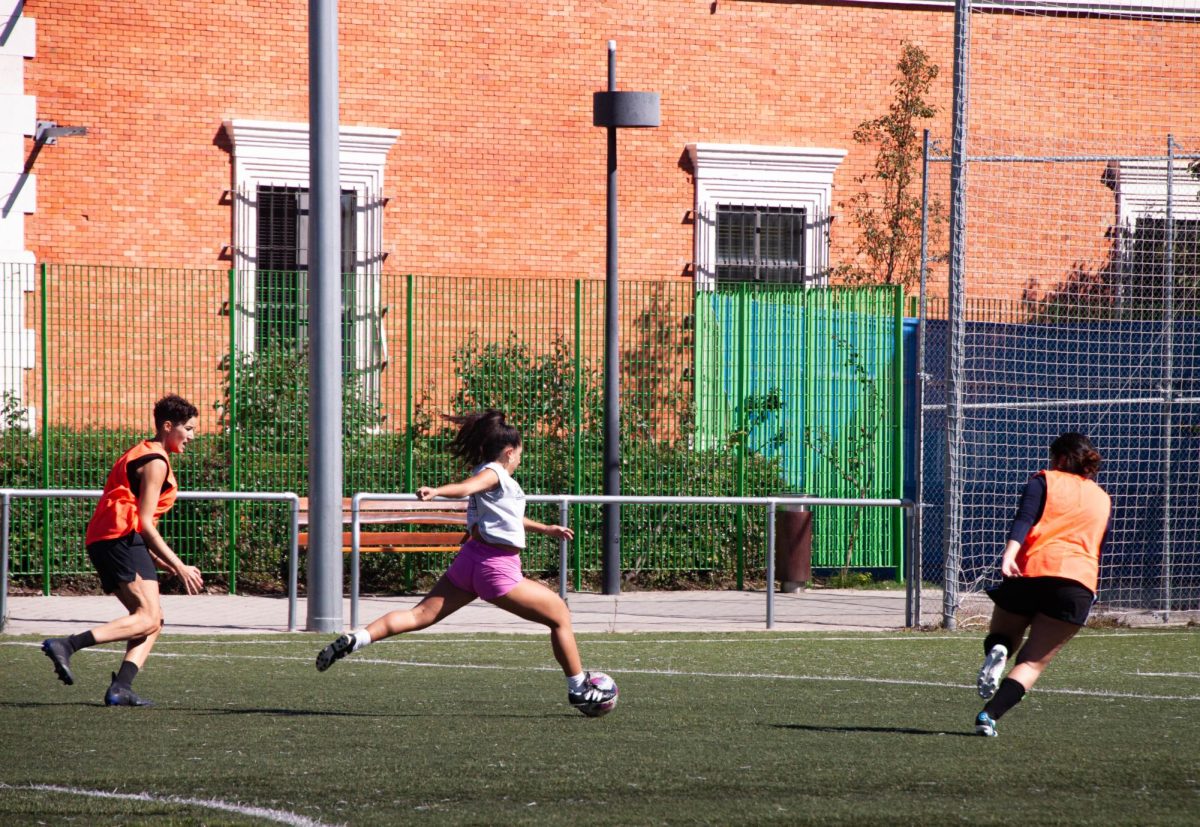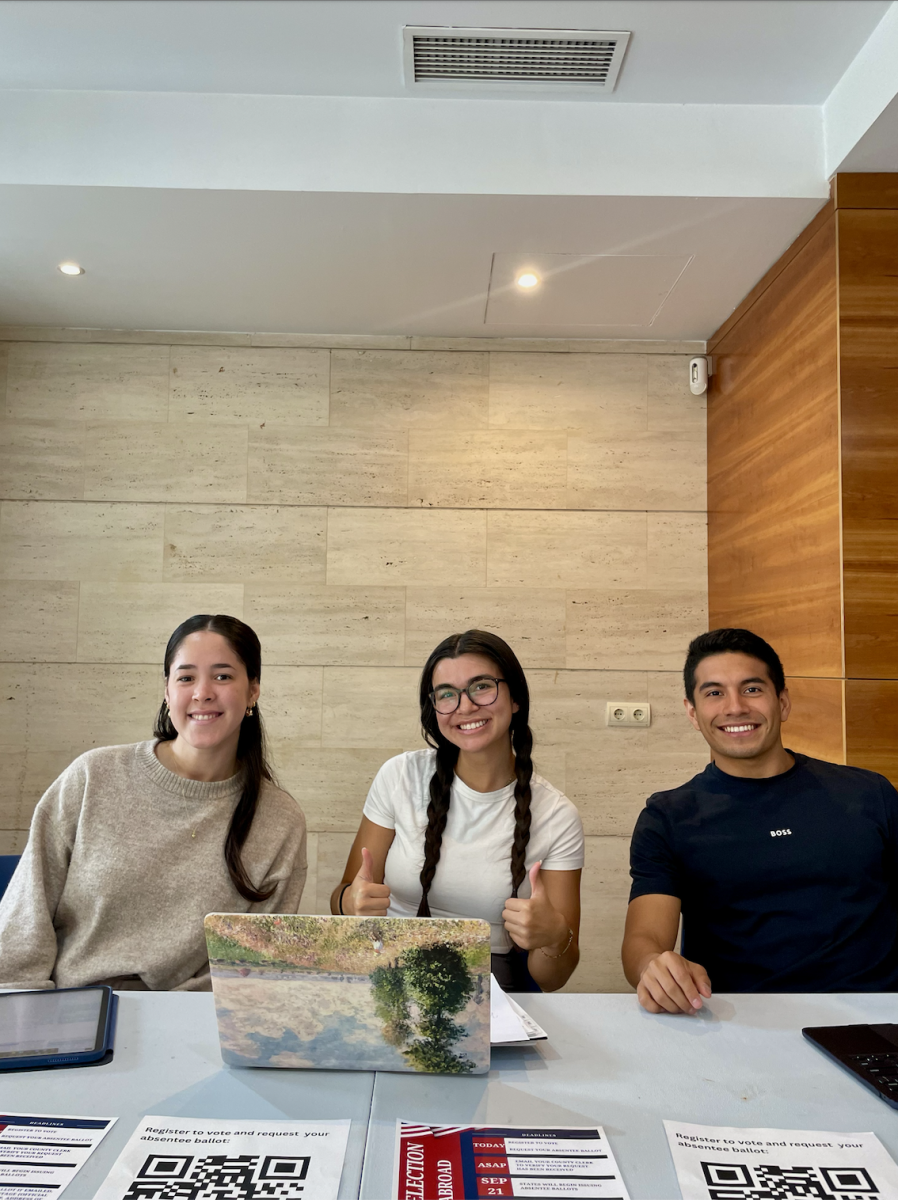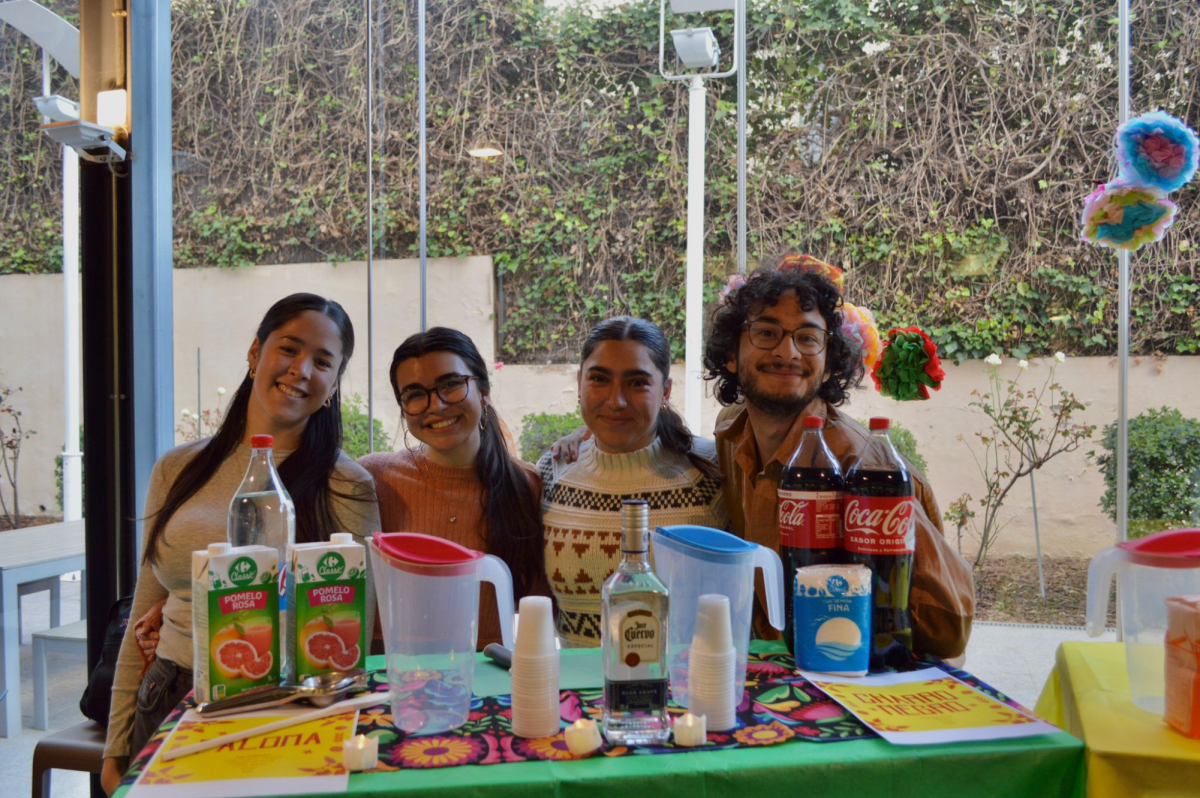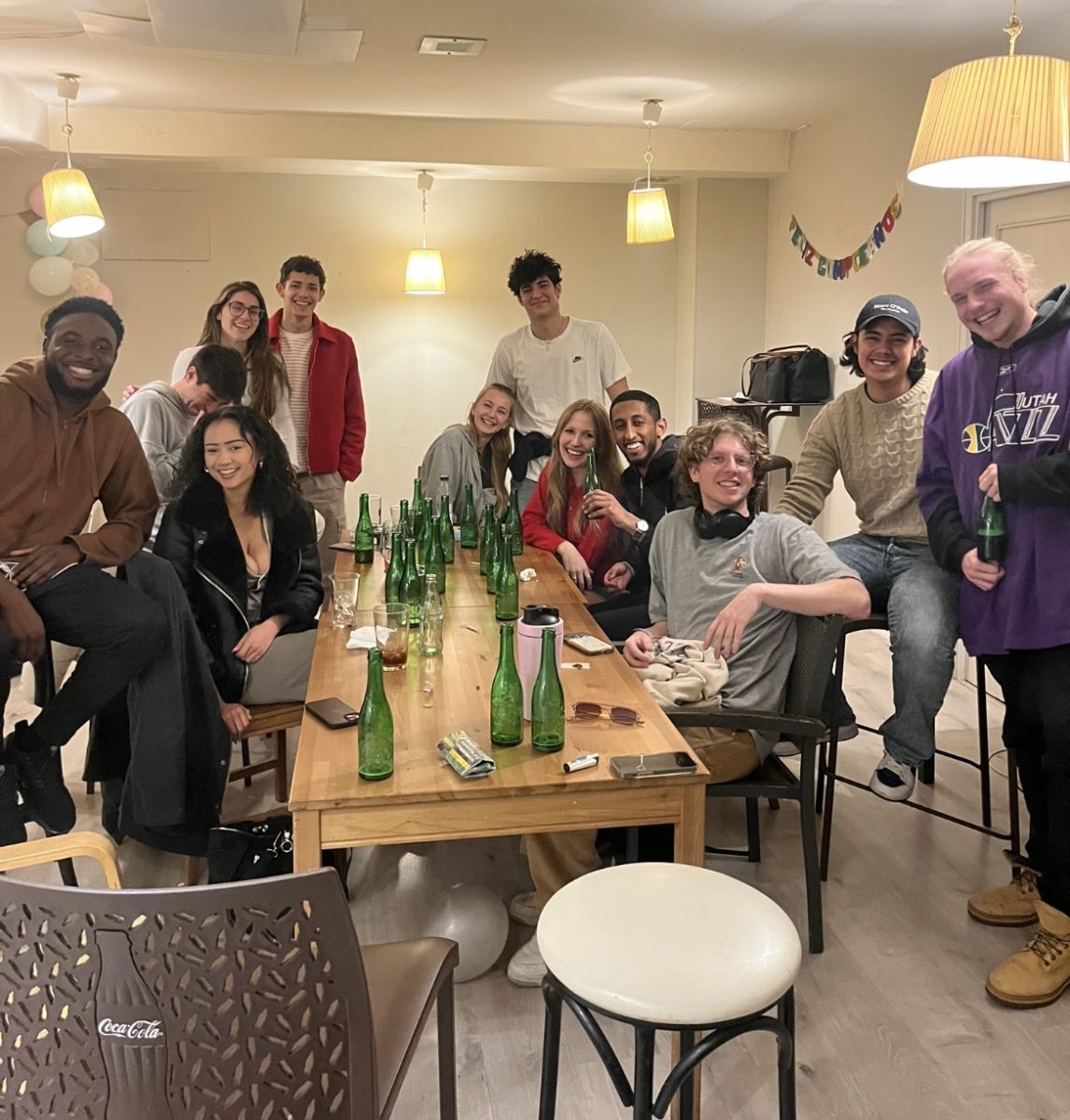This year, Alex Ogle only tried 18 different tapas before heading back to his apartment above one of the crowded streets of Lavapies, home to the annual Tapapiés festival and competition. Ogle has attended Tapapiés for the past six years. At the beginning, he would make a mad dash to try every tapa before the event ended. He no longer runs to each restaurant, because he finds himself disappointed by the rising prices and lack of original tapas.
“Some places are a little less creative in what they’re doing than in the past,” Ogle said. “If they’ve won before, they just keep doing a very similar thing.”
Ogle is one of thousands of young people who flock to the festival yearly, trying diverse tapas for cheap prices at Tapapíes.
Tapapíes is a music and gastronomy festival which includes over 100 bars and restaurants, according to EnLavapíes, the neighborhood association of merchants. The restaurants represent 30 different nationalities, said Yeremy Mbodji, owner of Africa Fusion, which serves West African cuisine.
This year, the festival took place from Oct. 17 to Oct. 27, and hosted many musical artists. The festival, sponsored by Águila, gives restaurants a chance to serve what they believe is an award-winning tapa. Each year, one restaurant is crowned the winner.
In recent years, however, the atmosphere seems to have begun shifting. Some long-term attendants are spending less time at Tapapíes, and purchasing less tapas. Before this year, the price of a tapa and beer was €2.50. Gloria Nichole Keys, a 37 year-old long-term Madrid resident, tried 12 tapas this year, lower than usual for the Tapapíes veteran.
“In the beginning years, I had way more plates because it was cheaper and the tapas were bigger,” Keys said. “Now it adds up.”
Those who did not have previous experience with Tapapíes weren’t deterred by the €3.50 price. Ryan Cos, a study abroad student and first time Tapapíes attendant was excited to try so many new foods.
“I probably had seven tapas, so like 25 bucks, great deal,” Cos said. “I kinda splashed out, but when you’re at Tapapíes you have to eat to your heart’s content! It can’t get any better.”
For some, the crowds at the event have become overwhelming and increasingly uncomfortable. Gabriel de Sousa, a 24-year-old from Venezuela attended the festival for the first time this year.
“There were too many people for my taste,” de Sousa said. “I could barely change places without bumping into somebody, and it was just overwhelming. I mean, I get that it’s a big event and all, but crowds like that make me want to leave rather than stay and take it all in.”
On the flip side, some visitors highlighted the crowd and liveliness of the festival as a memorable aspect of Tapapies. Natalie Molina, a 23-year-old from Peru, spent time at the festival this year with a group of her friends.
“I loved the energy of the crowd; everything just felt alive, and the energy was super contagious,” Molina said. “You could feel it in the air how everyone had this shared vibe. It made being surrounded by all those people at the time a lot more special and something I’ll remember.”
Ari Steinberg, a student visiting from his study abroad program in Florence, Italy, described a surprising moment at his first time at Tapapies.
“I thought it was crazy that they were letting cars through the crowd,” Steinberg said. “People started throwing bottles under the car wheels and the glass would explode and spray all over, it was wild.”
Additionally, many non-drinkers were able to pay with a cheaper €2.50 option at the restaurants. Regardless, some festival goers struggled to find these choices at the festival. Vida Mates, a short-term Madrid resident from the United Arab Emirates, was looking forward to seeing these alcohol-free options, but she never managed to find them during her time at Tapapies.
“I had issues getting food at some of the places,” Mates said. “They would make us pay the same but would not give us drinks with food because it was past lunch time in Spain.”
Despite these issues, many attendees enjoyed the festival immensely. Christian Moberg, a study abroad student, and first time Tapapíes attendant, would recommend the festival to anyone.
“Everyone was enjoying good food, good company, and good music,” Moberg said. “I remember thinking while I was walking around, ‘Wow this is such a lucky part of my experience to be having in Madrid.’”
For Adjua Owusu, an immigrant from Ghana, the growing representation of cultures has made her more excited each year to attend the festival.
“As an African immigrant, Tapapies has been a great way to see the growth and integration of cultural diversity in Madrid,” says Owusu. “The different types of foods and people from all around the world brings a sense of unity and community that didn’t feel as accessible before. It’s a huge development from when I first arrived in Spain in 2019!”

